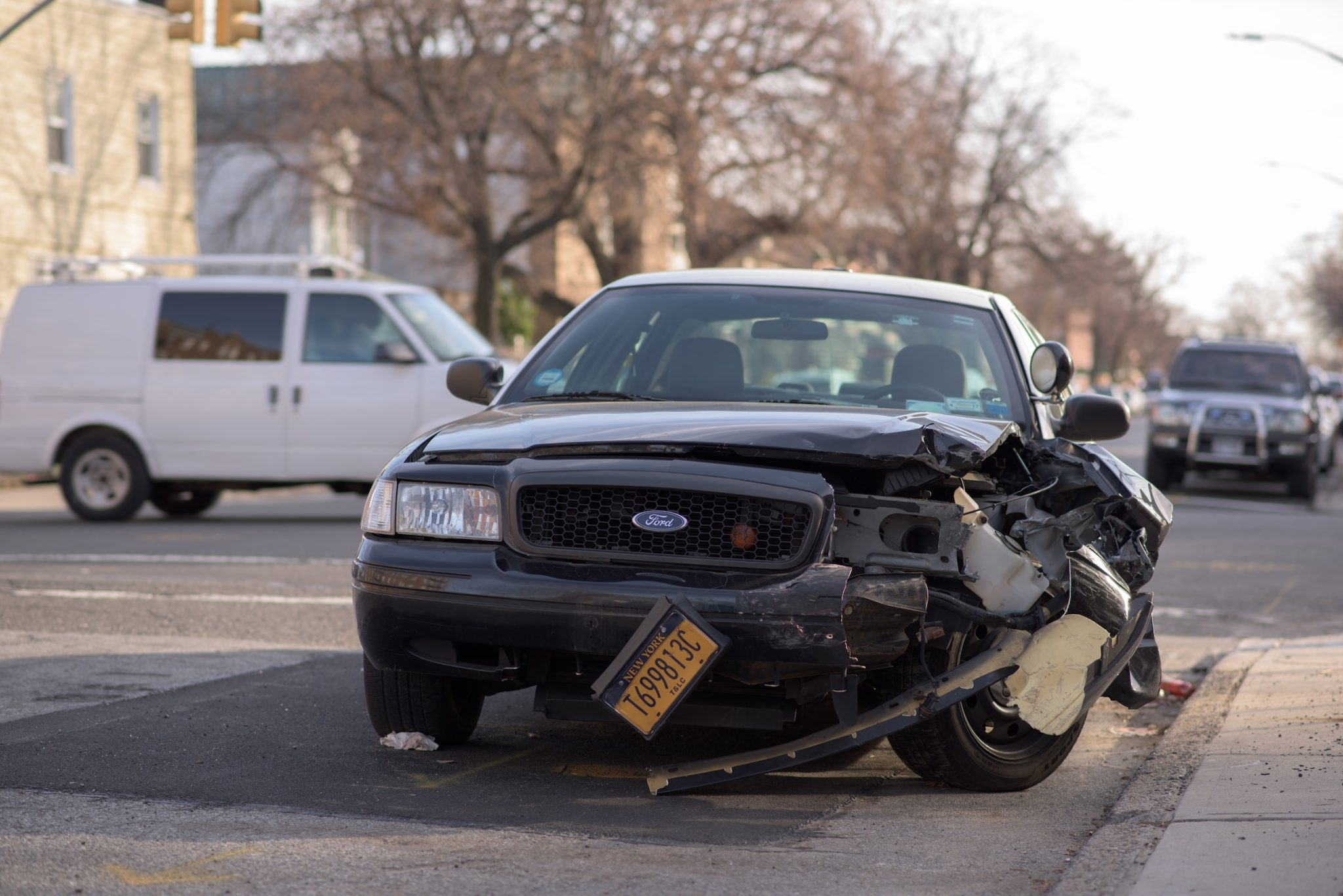Have you ever found yourself in the tough spot of having your car in an accident? One of the big worries in such a situation is figuring out if your car is considered totaled. Knowing when a car is seen as a total loss and the steps to handle it can help you go through this tough situation with a clear understanding and confidence.

Table of Contents
Beyond Repair: Factors Determining Total Loss
Whether a car is considered a total loss mainly depends on its financial feasibility. Insurance companies usually use a formula to decide if it’s worth repairing the vehicle.
Cost of Repairs + Salvage Value ≥ Actual Cash Value (ACV)
If the total of the repair expenses and the salvage value is more than the car’s Actual Cash Value (basically its market worth at the time of the accident), it’s probably going to be labeled as totaled.
For example, let’s say your car’s Actual Cash Value is $5,000. After an accident, the repair estimate is $4,500, and the salvage value is $500. In this situation, when you add up the repair and salvage costs ($5,000), it surpasses the Actual Cash Value, indicating that the car is considered totaled.
Percentage Threshold
In certain states, they use a percentage of the car’s Actual Cash Value (ACV) to decide if it’s a total loss. Typically, this threshold is around 70%. If the repair cost goes beyond this percentage of the ACV, the car is treated as totaled.
Additional Considerations
Although financial considerations play a major role, there are other factors that can affect the decision to declare a car as a total loss:
- Safety Issues: If the frame is severely damaged or safety features are compromised, the car might be considered unsafe to drive even after repairs.
- Extent of Damage: If crucial components like the engine or transmission suffer extensive damage, the repair costs can significantly rise, making the car more likely to be declared a total loss.
- Age and Condition: Older cars with existing damage or high mileage are more prone to being totaled because repair costs may approach or exceed their Actual Cash Value (ACV).
Navigating the Total Loss Process
Insurance Company Assessment
After an accident, your insurance company will evaluate the damage to your car and estimate the costs for repairs and salvage value. If you don’t agree with their assessment, you have the option to ask for an independent appraisal to get a more unbiased evaluation.
Settlement and Compensation
After the car is declared a total loss, the insurance company will determine the settlement amount. This amount is typically calculated using the car’s Actual Cash Value (ACV), with deductions for depreciation and salvage value. You have the option to receive the settlement as cash or apply it towards buying a new vehicle.
Salvage Title
If you choose to keep the car, you’ll be given a salvage title. This title shows that the insurance company has declared the car a total loss. Keep in mind that vehicles with salvage titles can be more challenging to sell and may have limitations on registration and insurance.

Making Informed Decisions
State-Specific Regulations: The rules for deciding if a car is a total loss vary from state to state. It’s important to check your state’s Department of Motor Vehicles (DMV) website for specific guidelines.
Dealing with Insurance Companies: After an accident, make sure to document everything related to the incident. Take pictures and videos of the damage, gather witness statements, and get a police report. Keep all communication with your insurance company in writing and stay organized with your paperwork.
Frequently Asked Questions: You can find answers to common questions about totaled cars on the websites of an insurance company, a car accident lawyer, or the DMV.
Knowing when a car is considered totaled gives car owners the knowledge to make informed decisions in tough situations. By understanding the process and your choices, you can handle the situation effectively and move forward with more clarity and peace of mind.
- About the Author
- Latest Posts
Whether she is researching the latest trends in home decor, life-changing destination getaways, or the best way to maintain your finances, Dewey takes pride in leaving no stone unturned. She is passionate about distilling and delivering high-quality information that you can use to upgrade your life.

